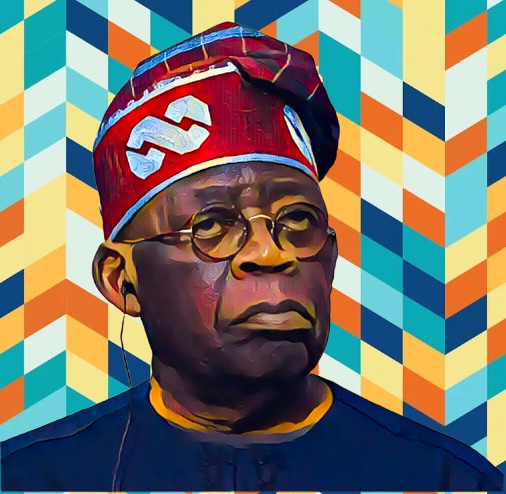KEY POINTS
- Revenue Commission proposes raising salaries for President, ministers.
- Stakeholders warn move could inflame unrest amid rising hardship.
- Opposition parties urge focus on minimum wage and social relief.
Nigeria’s Revenue Mobilisation, Allocation and Fiscal Commission (RMAFC) has come under fire after hinting at a plan to review the salaries of political office holders, including the President and ministers, despite widespread economic hardship.
RMAFC Chairman Mohammed Shehu argued this week that the President’s current N1.5 million monthly pay and ministers’ sub-N1 million wages are “inadequate” and outdated, noting that agency heads earn multiples more.
But the proposal triggered a wave of opposition from political parties, business leaders, religious groups and civil society, who described the move as “insensitive, selfish and provocative” given soaring inflation, a weak naira and growing poverty.
Nigeria political salary hike backlash from oppositions
The Arewa Consultative Forum (ACF) said the plan was “disappointing and provocative,” warning it could fuel unrest in a country where 60 percent of people live in multidimensional poverty.
The Peoples Democratic Party (PDP) called the proposal “unconscionable,” citing the inadequacy of the recently approved N70,000 minimum wage when basic food prices have more than doubled.
The African Democratic Congress (ADC) described the push as “tone-deaf,” arguing that leaders already enjoy huge allowances and perks far above ordinary workers. The New Nigeria Peoples Party (NNPP) and the Coalition of United Political Parties (CUPP) also condemned the review, with CUPP branding it a “shameless grab” for public funds.
Business and religious leaders weigh in
Otunba Dele Oye, former head of the Nigerian Chamber of Commerce, said the timing “sends the wrong message to the economy.”
The Northern Christian Association of Nigeria (CAN) called the idea “wicked and cruel,” urging leaders to prioritise retirees, civil servants and security personnel instead.
Veteran politician Chekwas Okorie warned that such a move could provoke unrest, describing Nigeria as “sitting on a tinder box.”
Calls for sacrifice, not perks
Critics pointed to international examples where leaders cut their pay during crises, such as New Zealand’s 20 percent cabinet pay cut during the pandemic and Greece’s salary slashes during its debt crisis.
“True leaders tighten their belts first before asking citizens to sacrifice,” the NNPP’s Olufemi Oguntoyinbo said.
Opponents urged the government to suspend the proposed increases and instead prioritise raising the minimum wage to a livable level, funding public services, and easing inflationary pressures.


